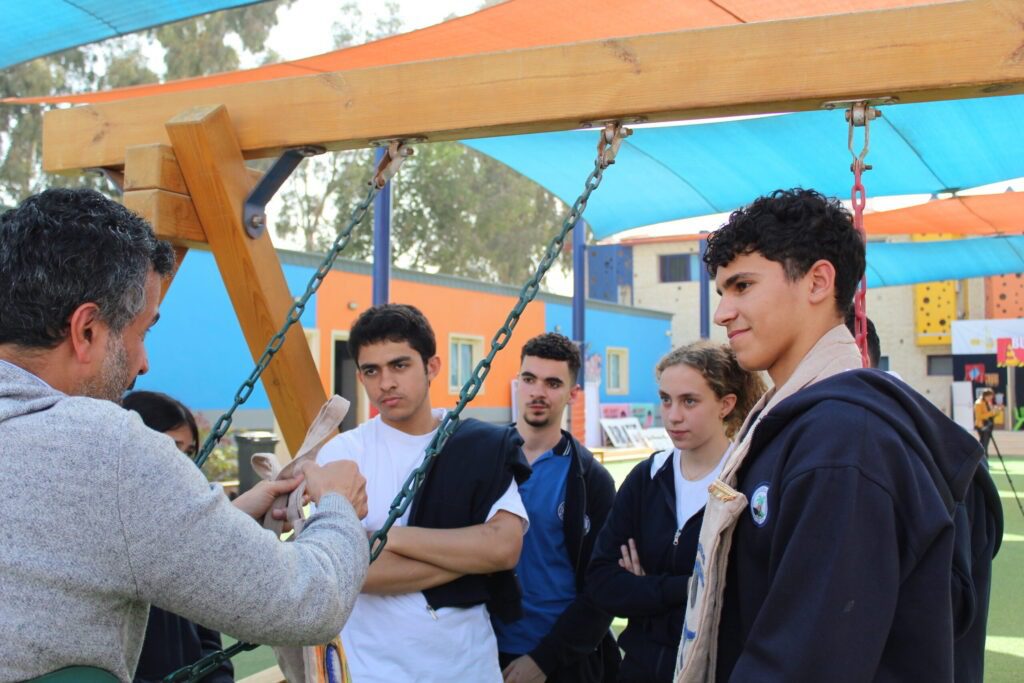

The Middle School: The Bridge
Middle school serves as a bridge between elementary school and high school, and it is an important period of transition for students. The curriculum of middle school is designed to help students become more independent and develop a sense of autonomy. Along with core academic subjects such as English, math, and science, middle schools often offer classes in community service, which provide opportunities for students to engage with their communities and develop a sense of social responsibility. English classes in middle school typically focus on improving reading and writing skills, while math classes introduce more complex concepts such as algebra and geometry. Science classes often include hands-on experiments and projects that help students develop critical thinking skills. Through these classes, middle school students gain
the knowledge and skills they need to succeed in high school and beyond.
Additionally, community service projects help students develop a sense of empathy and social awareness that will serve them well throughout their lives. Overall, the middle school curriculum provides a well-rounded education that prepares students for the challenges of high school and beyond.
In addition to the core academic subjects of English, math, and science, middle schools often incorporate subjects such as STEM, Arabic, Arabic leveled reading, Religion, and Quran into their curriculum.
STEM education in middle school builds on the foundation laid in elementary school and introduces students to more complex concepts in science, technology, engineering, and math. Through hands-on projects and experiments, students learn problem-solving skills, critical thinking, and teamwork. This helps prepare them for future careers in STEM fields.
The Arabic subject in middle school helps students develop their communication skills in Arabic to a higher level. They learn to read and write more complex texts, engage in more complex conversations, and develop a deeper understanding of Arabic grammar and syntax. Arabic leveled reading allows students to practice their reading skills and learn new vocabulary in a challenging and stimulating way.

Religion remains an important component of the middle school curriculum, and it helps students continue to develop their understanding of their faith. Through age-appropriate lessons and activities, students learn about the principles of their religion and how to apply them to their lives. Quran education in middle school continues to develop students’ reading and memorization skills and helps them deepen their understanding of the Quran.
By offering a well-rounded education that includes core academic subjects, as well as additional subjects such as STEM, Arabic, Arabic leveled reading, Religion, and Quran, middle schools prepare students forsuccess in high school and beyond. Community service projects also provide students with opportunities to develop empathy, social responsibility, and leadership skills that will serve them well throughout their lives.